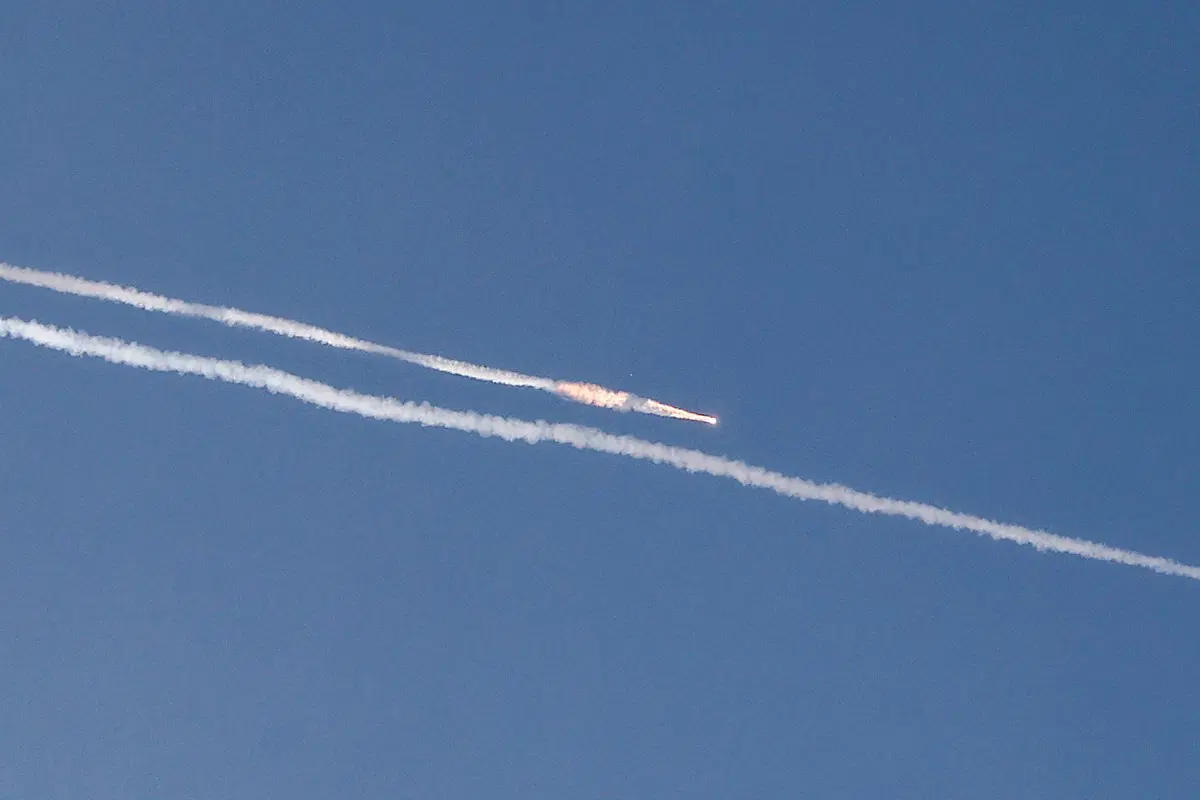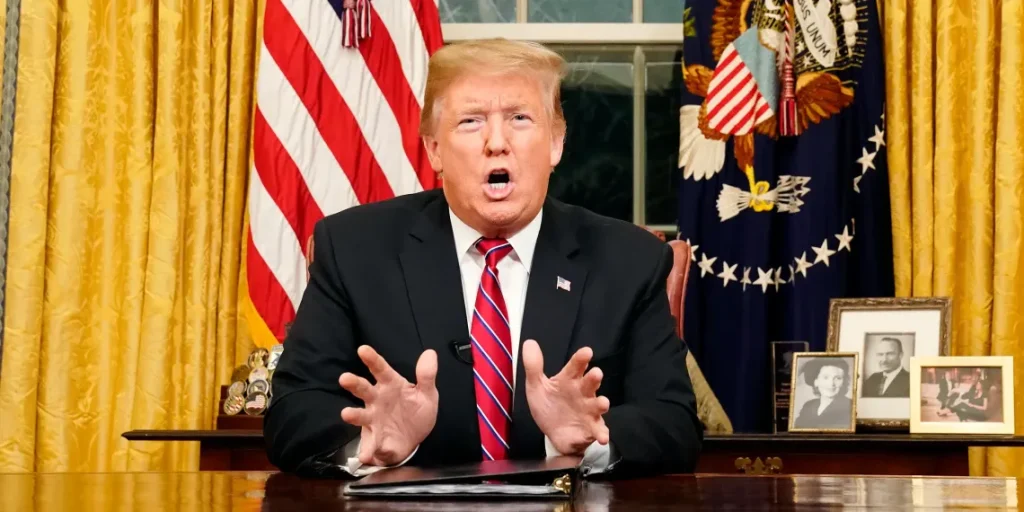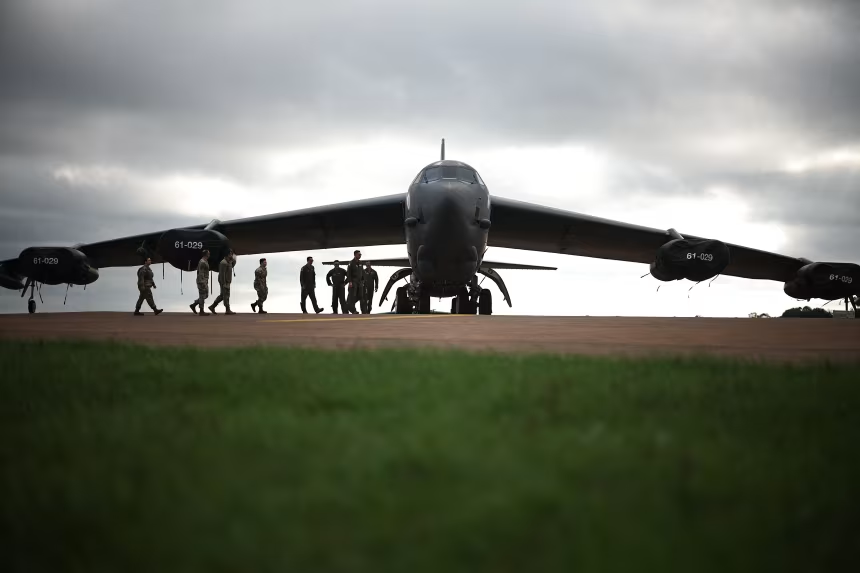Now Reading: Iran Denies Missile Strikes on Israel Amid Ceasefire Claims
-
01
Iran Denies Missile Strikes on Israel Amid Ceasefire Claims
Iran Denies Missile Strikes on Israel Amid Ceasefire Claims

Israel’s Defence Ministry reported that Iran launched ballistic missiles into its airspace just hours after President Trump announced a ceasefire. Defence Minister Israel Katz pledged a “forceful response” if confirmed. Sirens blared in northern and southern Israel amid ongoing tension between the nations.
Iran’s military firmly rejected the reports, denying any missile launches at Israel in the “last few hours,” according to state broadcaster IRIB. Its spokesman called the allegations politically motivated “falsehoods” aimed at undermining the fragile truce .
Despite the denials, independent witnesses in Tehran reported explosions consistent with Israeli retaliatory strikes targeting alleged missile sites. U.S. President Trump, via Truth Social, urged Israel to “turn around and head home,” warning against further escalation.
Trump emphasized that both sides had committed ceasefire violations. He pressured Israel to stand down on attacks, signaling deep concern at the White House over renewed military action in the region5.
Western diplomats responded cautiously. The EU’s foreign policy chief urged all parties to uphold the truce and “refrain from further violence,” calling this a crucial moment to restore diplomacy.
Meanwhile, Iran’s Supreme National Security Council reaffirmed their stance: Tehran will comply with the ceasefire “if and only if” Israel halts its aggression. Back-channel mediators from Qatar and Oman are reportedly holding talks to preserve the fragile peace deal.
With both nations trading conflicting narratives and reserve where actionable evidence lies, the ceasefire hangs by a thread. Global leaders await independent verification of missile activity while bracing for further diplomatic fallout.




